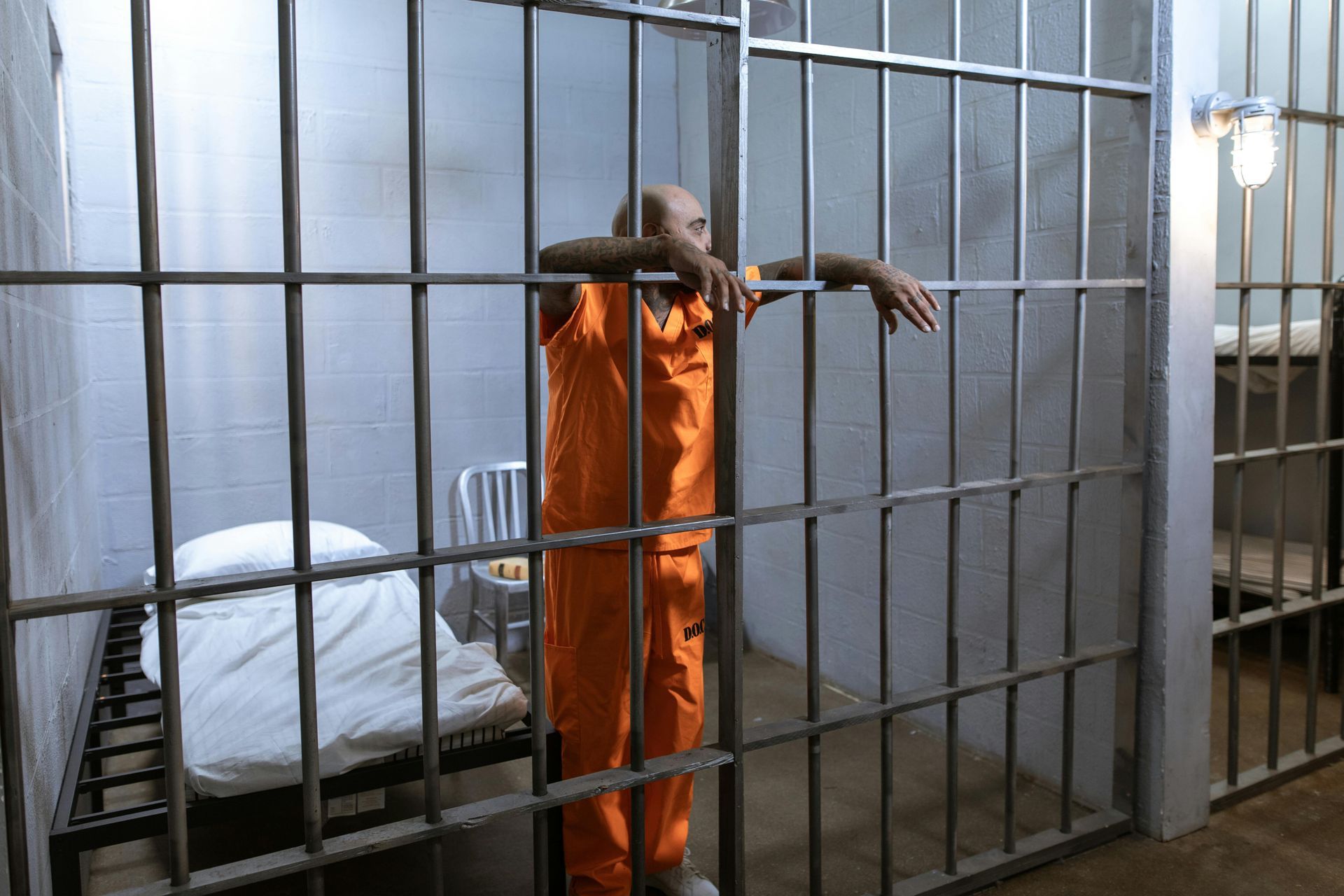Can I Be Charged with a DUI for Prescription Drug Impairment in California?
Driving under the influence (DUI) of drugs or alcohol is a serious offense in California. While most people are aware of the legal consequences and risks associated with driving while drunk, many are not aware that they can be charged with a DUI for prescription drug impairment. This means that even if you have a valid prescription for your medication, you may still be arrested and charged with a DUI if you are found to be impaired while behind the wheel. In this blog post, we will explore what constitutes prescription drug impairment, how it can be determined, the penalties for prescription drug DUI, and how an attorney can help you if you are facing charges.
What is DUI?
DUI stands for driving under the influence. It refers to operating a vehicle while under the influence of drugs or alcohol to an extent that impairs one's ability to drive safely. In California, it is illegal to operate a vehicle with a blood alcohol concentration (BAC) of 0.08% or higher or while under the influence of any drug that impairs your ability to drive safely.
How do you determine impairment?
When it comes to determining impairment from prescription drugs, there is no standard test like there is for alcohol. Instead, law enforcement officers rely on their observations and other evidence such as field sobriety tests and blood tests to make an arrest for DUI. They may also consult with drug recognition experts who are trained to identify impaired drivers.
What are the penalties for prescription drug DUI?
The penalties for prescription drug DUI in California are similar to those for alcohol-related DUIs. A first-time offender may face up to six months in jail, fines ranging from $390-$1,000 plus additional penalty assessments and fees amounting up to $2,600 or more depending on where one was arrested; a driver's license suspension of up to six months or more; and mandatory completion of a drug treatment program. Subsequent offenses will result in more severe penalties, including longer jail time, higher fines, and longer license suspensions.
How can an attorney help me?
If you are facing charges for prescription drug DUI, it is important to seek the help of an experienced DUI defense attorney as soon as possible. An attorney can review the facts of your case, challenge the evidence against you, negotiate with prosecutors to reduce charges or penalties, and represent you in court. They may also be able to help you obtain a restricted driver's license that allows you to drive to work or school while your regular driver's license is suspended.
In summary, driving under the influence of prescription drugs is just as serious as driving under the influence of alcohol. Even if you have a valid prescription for your medication, it is important to remember that you can still be charged with a DUI if you are found to be impaired while operating a vehicle. If you find yourself facing charges for prescription drug DUI in California, it is crucial to seek the guidance of an experienced DUI defense attorney who can help protect your rights and minimize the consequences of your charges.










